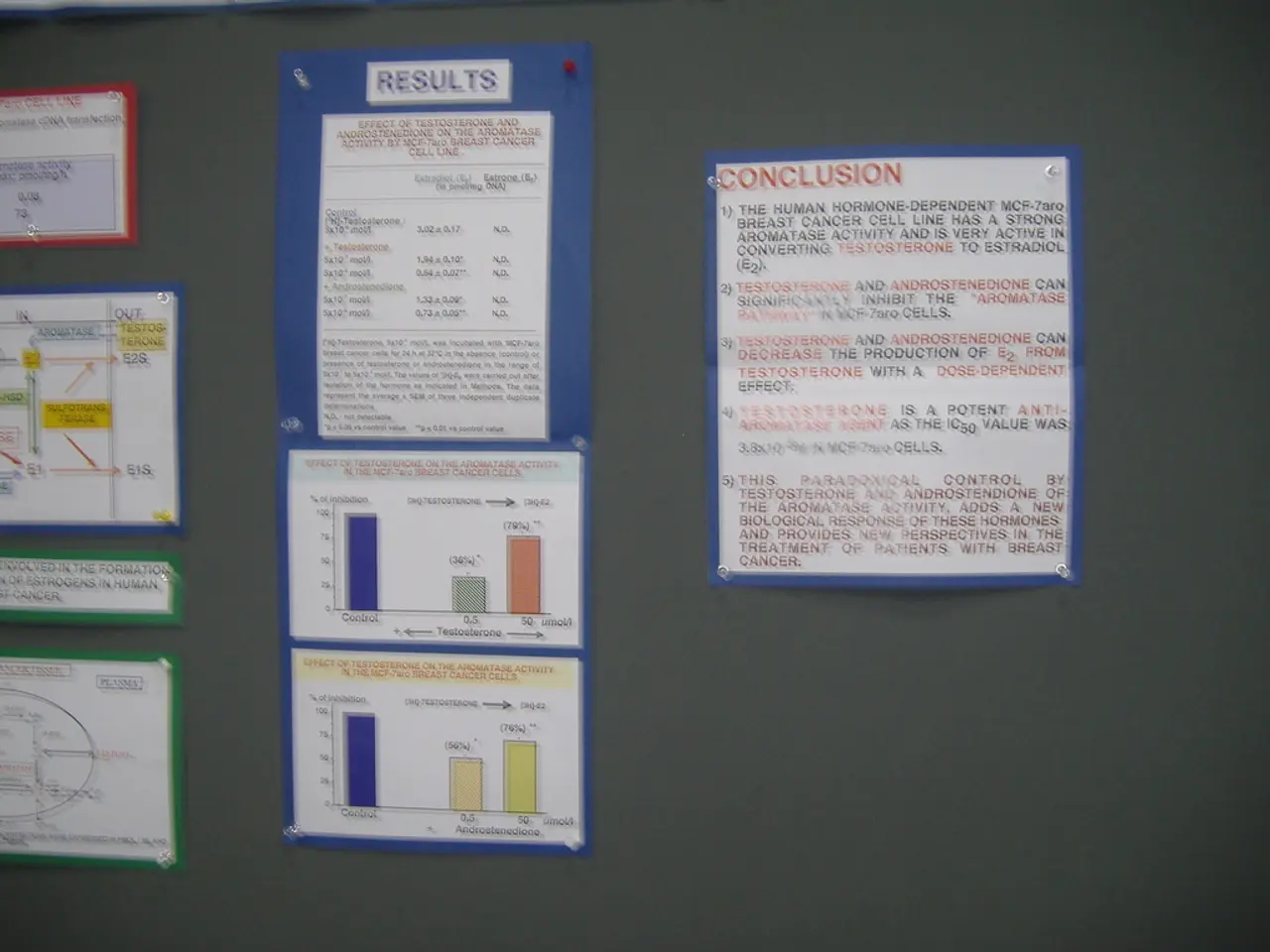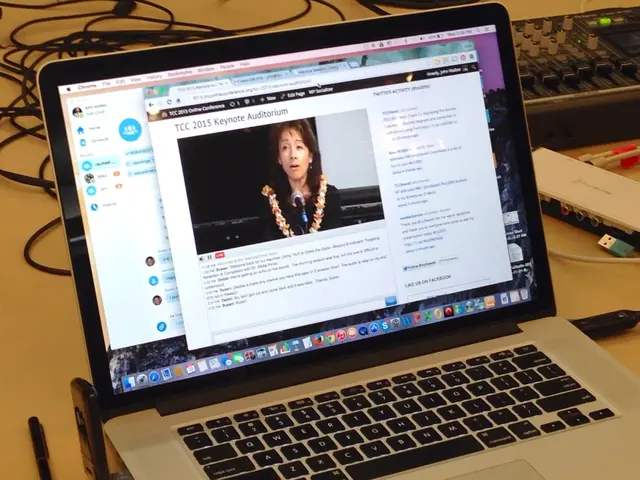Tripartite Partnership Between BIS, World Bank, and SNB Successfully Executes Proof-of-Concept for Tokenized Promissory Note
The world of finance is taking a significant leap forward with the advent of tokenizing government promissory notes, as demonstrated by Project Promissa. This experimental feasibility study, spearheaded by the BIS Innovation Hub, brings together key global financial actors – the Swiss National Bank (SNB), the World Bank, and the IMF – to explore the potential benefits and implications of this innovative approach.
Traditionally, promissory notes have been paper-based, signed with wet signatures, and couriered between countries. They are held in vaults at central banks, a process that can be time-consuming and prone to errors. However, by using a blockchain as a single source of truth, Project Promissa found that the efficiency of the promissory note system can be significantly improved.
Tokenization preserves privacy as activities relating to the promissory notes are only shared between the relevant parties. Each party in the tokenization process maintains full control over their own activities in relation to the promissory notes. This approach could potentially revolutionize the way government ministries of finance interact with multilateral development banks, eliminating the need to reconcile separate records.
Key benefits of tokenizing promissory notes include improved liquidity and tradability, greater transparency and security, operational efficiencies and cost reduction, enhanced accessibility and financial inclusion, and the potential for experimentation with new monetary tools.
Digital tokens can fractionalize large promissory notes, facilitating access for smaller investors and new market participants. Blockchain technology ensures immutable records and real-time tracking of ownership and transaction history, enhancing trust and reducing fraud risk. Automation through smart contracts can streamline settlement, clearing, and record-keeping processes, reducing reliance on intermediaries and lowering administrative costs.
The World Bank, in collaboration with the SNB, issued a CHF 200 million digital bond on the SIX Digital Exchange, marking a significant step towards the practical application of these benefits. For central banks and international organizations, tokenized notes could serve as prototypes for more advanced digital financial instruments or digital currencies with programmable features.
However, practical challenges such as regulatory compliance, technological standardization, and integration with existing financial infrastructure remain to be addressed. Project Promissa provides a proof-of-concept for these advantages by testing token issuance, transfer, and redemption processes in a controlled environment.
Jorge Familiar, VP and Treasurer of the World Bank, stated that the project helps reimagine a key part of the financial architecture. Mr. Familiar and the World Bank previously collaborated with the SNB to test the use of a pilot wholesale CBDC. Replacing wet signatures with multiparty signatures speeds up events such as encashing the note, from weeks to seconds.
The trial for the tokenization of promissory notes used Digital Asset's Canton blockchain. This powerful example of how blockchain can be harnessed for global good, according to Mr. Familiar, could significantly modernize public debt markets, increase efficiency and security, and enable greater participation.
- The tokenization of government promissory notes, as demonstrated by Project Promissa, could potentially revolutionize the interaction between government ministries of finance and multilateral development banks, eliminating the need to reconcile separate records.
- The World Bank, in collaboration with the Swiss National Bank, issued a digital bond on the SIX Digital Exchange, marking a significant step towards the practical application of tokenizing promissory notes and their benefits such as improved liquidity and tradability, greater transparency and security, operational efficiencies, cost reduction, and financial inclusion.
- Tokenization preserves privacy as activities relating to promissory notes are only shared between the relevant parties, but practical challenges such as regulatory compliance, technological standardization, and integration with existing financial infrastructure remain to be addressed.
- Jorge Familiar, VP and Treasurer of the World Bank, stated that this project, which used Digital Asset's Canton blockchain, could significantly modernize public debt markets, increase efficiency and security, and enable greater participation in these markets through the use of digital tokens.




